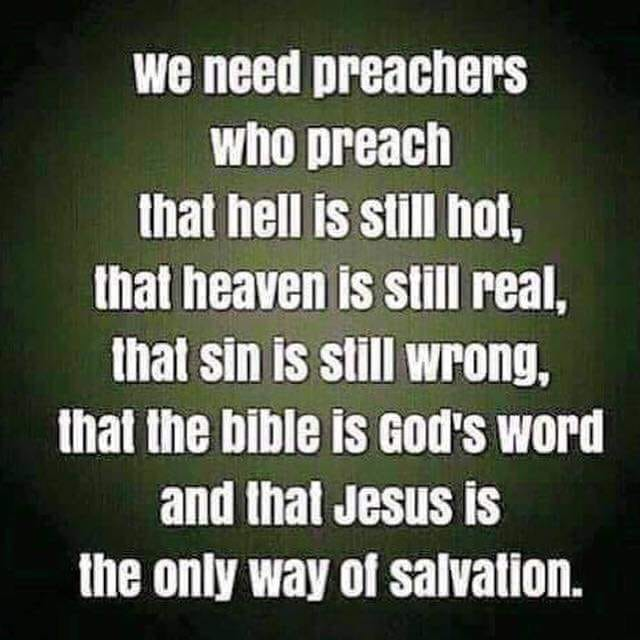Church, I want you to step up and make this “love of Jesus” thing real and real to me. I am here, in my flawed, screwed-up, wounded, shell-shocked, doubting, disillusioned personhood, ready for the full-on Jesus stuff. Step up and show me the supposedly relentless and all loving Jesus; make it real.
Church, the word for today’s world is tolerance. Tolerance for everything that can be accepted by the broad and wide way. Right now, I need you to tolerate me. For that matter, you need to tolerate those of us who, for hundreds of reasons, you may characterize as un-Christian. I am so weary of feeling the only thing that goes on around here is a religious agenda, an argument to win, a point to make, a cause to defend, a soul to save. You can’t promote your cause without accepting me as who I am.
I want to be more than a number on a tally sheet. I want more than to be counted with those who “like” a Facebook site. I want to be more than a prop in a baptism ceremony. I want more than applause and high fives when I show up and am soon forgotten when the music ends.
I am waiting for the time when you stop doing your thing and listen to my thing. Stop evangelizing us, preaching at us, fighting us, judging us long enough to simply hear my pain, my garbage. I am fully aware of my own foibles. It is not your place to put up a mirror, that is God’s job.
Listen carefully church. Even if we are all sinners like the woman with adultery, or the doubting follower, or the rebellious prodigal or even the demon filled man, there is little we can do about it. It is all that we are. Don’t value us because of what we could become but love us because we need simply to be loved. I need, we need, the world needs, a church big enough, tough enough, and loving enough to look us in the eye and love us unconditionally. Not for what we may become but what we are now.
I am well assured you think you are what God wants. You go about your ministries and try to be inclusionary to all. You make every attempt to love and care. In the shoes, I walk in, in the world in which I live, strive, struggle, question, feel rejection and try to just be me, it does not feel as though you care and love. It feels more like space and silence.
If I am hurting, telling me it will get better does not help. It only adds to the distance and space between us.
If I share that my very soul is wanting. If I voice my conviction that I don’t feel included, don’t ignore me. It is so frustrating for you to say it is not right to be hurt. It is a conversation ender.
If I tell you I am starving for compassion, relationship, authenticity, the last thing I want to hear is that I need to be corrected for my hunger.
Oh, you may be doing your thing and it may be good enough for you. But for me, it is just one more excuse to stay away. By the way, if the problem is me, it’s me who you are supposed to be reaching.



